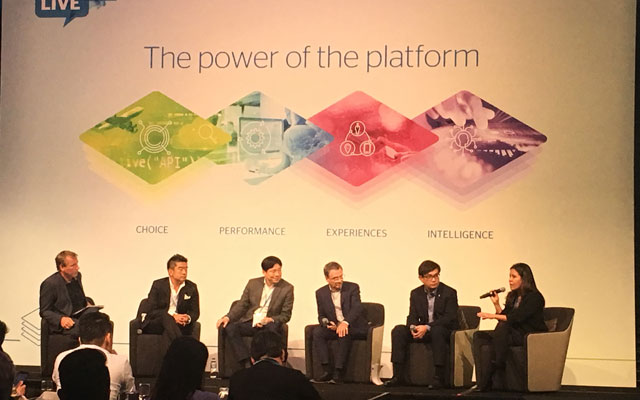Discussions on the importance of adopting mobile solutions dominated the Travelport Live in Sydney conference, which concluded yesterday, with panellists in agreement that the travel industry must shed its traditional mindset and shift into a mobile-first thinking despite the challenges.
Caesar Indra, senior vice president of business development for Traveloka, stresses the importance of mobile solutions, especially as bookings made on the Traveloka app account for 70 per cent of its online transactions.

But mobile has to go “beyond the transactional”, and agencies must be engaged with the customer throughout their journey, he noted.
One example, Indra shared, was introducing a feature for users to reschedule or refund their purchases on their mobile phones. This cut the processing time from 30 minutes – when done through a call centre or physical store – to just five minutes.
But an agency’s mobile communication should extend beyond the agency and customers to also include ground staff such as tour providers and suppliers, advised Robin Yap, president, Asia, The Travel Corporation.
In what he called “a total communication” via mobile, the company launched an app for its trip directors to interact with customers before their trip. This allows the guides to learn the customers’ interests, feedback and requests, in order to provide more personalised service.
“This mobile app is really critical to delivering a great customer experience,” observed Yap.
Josephine Lim, managing director South-east Asia of Preferred Hotels & Resorts, chimed in to advise that as much as having a “mobile app is a must”, it should also have “an element of fun” and geared not only to millennial customers.
She observed that “older people are posting photos as much, if not even more, than teenagers”.
Indra added that the social aspect is especially important in Asian countries like Indonesia. When Traveloka incorporated WhatsApp into its mobile app for users to share their itineraries on the popular messaging service, it created a “network effect” among its clients and their friends, he shared.




















